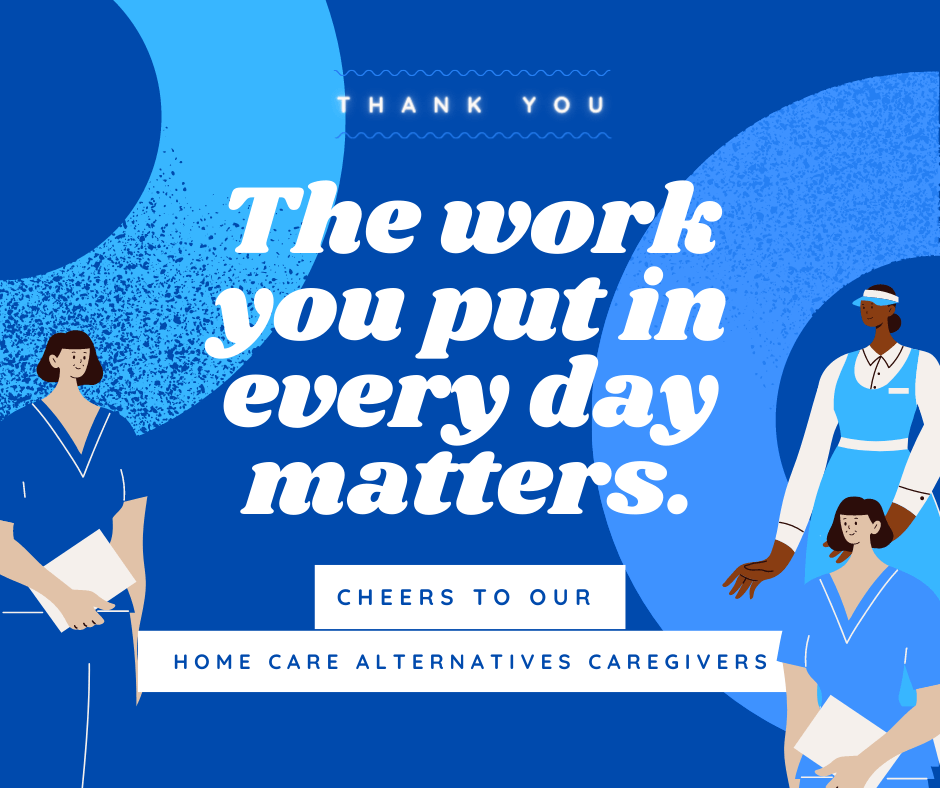
November: National Caregiver Appreciation Month
November is National Caregiver Appreciation Month, a time to recognize the incredible individuals who dedicate their time, energy, and love to caring for others. Caregiving is a round-the-clock responsibility that can be especially challenging for those caring for a senior with Alzheimer’s or a child with special needs. While caregiving is incredibly fulfilling, it can also be physically, mentally, and emotionally demanding.
The Real Risk of Caregiver Burnout
Caregiver burnout is a serious concern, and many caregivers don’t recognize the early signs in themselves. Family members, friends, or even medical providers may notice burnout symptoms before the caregiver does. Common signs to watch for include:
- Feelings of depression or isolation
- Constant fatigue
- Loss of interest in work or activities
- Withdrawal from social contacts
- Increased use of alcohol or stimulants
- Changes in eating and sleeping patterns
- Feelings of helplessness
How to Combat Caregiver Burnout
Taking proactive steps to manage burnout is essential for the caregiver’s health and ability to continue providing care. Here are some strategies to help prevent burnout:
- Consult a Professional: Talk to medical providers about stress and burnout.
- Join a Support Group: Connect with others facing similar challenges.
- Exercise & Eat Well: Regular physical activity and a balanced diet can help reduce stress.
- Maintain Hobbies: Stay engaged in activities you enjoy.
- Talk to Fellow Caregivers: Share experiences and advice with others who understand.
- Prioritize Sleep: Ensure you’re getting enough rest each night.
Caregiving is a vital role, but it’s important to prioritize your well-being to continue providing the best care possible. With the right support and self-care, caregiving can remain fulfilling and sustainable for everyone involved.
For more resources on managing caregiver burnout, visit Healthline.
Get in Touch with Us:
- Tel: +1 (517) 394-3389
- Subscribe to our Blog: https://homecarealternatives.net//blog/
- Facebook: Home Care Alternatives Lansing



